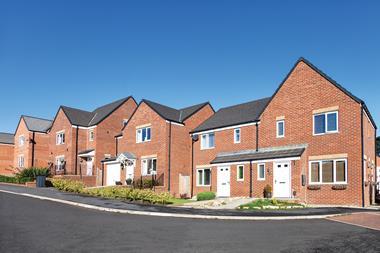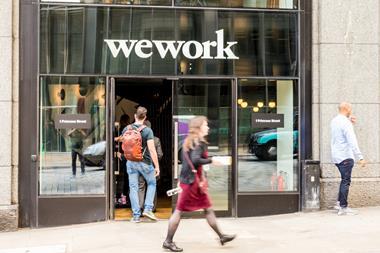We have heard lots about the perilous state of the NHS recently, including the fact that it is being crippled by rising clinical negligence claims, which cost it nearly £1.7bn last year.

This was double the costs incurred in 2010-11 and experts predict the costs will double again by 2023.
Costs have been exacerbated by the recalculation of the ‘discount rate’ used to calculate compensation awards for serious personal injury (eg spinal injury, cerebral palsy and brain injury). The rate, which is applied to future loss of earnings, care and accommodation costs, was 2.5% in 2001 but changed last year to -0.75%, which the government said would achieve fairer payouts.
This affects the property market because one aspect of calculating a negligence award is the cost of claimants getting new accommodation or adapting existing accommodation. Where a claimant needs adapted accommodation, they are given the full costs of adaption, but not the capital cost of the property, which is considered a windfall over and above full compensation.
Roberts v Johnston established the principle that any award should be equivalent to the loss of income that would have been achieved if the capital had been invested not in the property, but as a ‘risk-free’ investment. A minus discount rate produces a nil figure for accommodation costs but also a theoretical liability to the defendant. A negative discount rate and high property prices provide reason enough to move away from Roberts v Johnston.

How are claimants and defendants, such as NHS trusts, supposed to find and fund suitable accommodation? The defendant could buy a suitable property (with cash or a mortgage) and grant a life interest to the claimant. But in practice it seems unlikely defendants will want to accumulate a property portfolio in this way, particularly given stamp duty land tax implications.
Sometimes defendants are willing to pay the full extra cost of accommodation in cheaper areas, but if claimants live in central (or even outer) London, the additional costs can run into millions.
UK house prices fell 0.3% in February, the Nationwide index shows, but not only are prices higher in London than the rest of the UK, but so are the costs of adapting a property. The recent cooling of London’s property market and any Brexit-related property market correction won’t solve the accommodation conundrum, given the current discount rate issues. A practical evolution of the Roberts v Johnston approach is clearly needed. However, we would argue the key to solving the conundrum is to prevent costly negligence mistakes in the first place.
Vanessa Rhodes is a senior associate and Diva Shah a trainee solicitor at law firm Kingsley Napley
































No comments yet